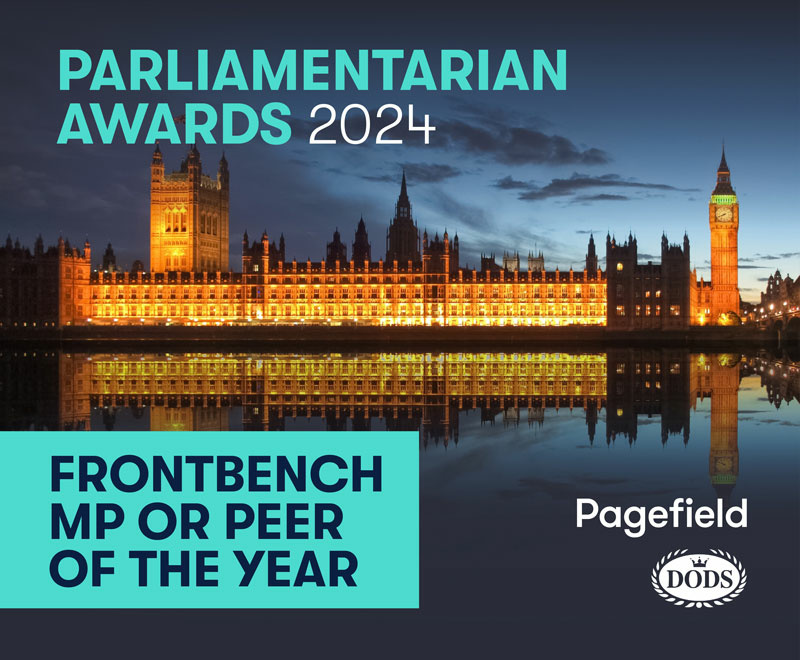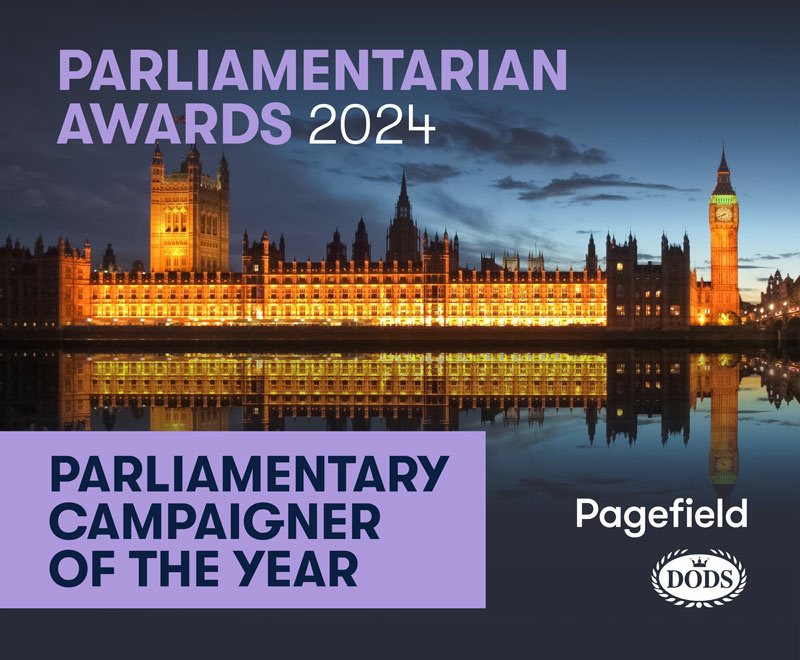It’s less than two weeks until our event with the London Press Club on campaigning journalism so, to whet your appetite, Poppy Rosenberg looks at the three defining feminist campaigns of 2014.
2014 saw a surge in feminist debate, controversies and campaigns. In almost every cultural and political arena, feminism has been brought to the forefront of discussion. With statistics on the wage gap revealing continued inequality, underrepresentation of women in politics, and cases of sexual harassment on the rise, feminism is a concept that will not and should not be ignored. Over the past year it has been fascinating to see the varying angles taken by each of the high profile campaigns and campaigners and it was an almost impossible decision to pick a top three. But, you can’t have a ‘best of’ list without some winners, so below are what, I feel, were the most significant feminist campaigns of 2014.
1) Ban Bossy
Ban Bossy was a campaign aimed at combating the disparity in treatment of assertive girls, who are criticized, to that of assertive boys, who are praised. It sought to give girls a sense of empowerment and confidence from a young age by symbolically banning the word ‘bossy’ – a term often used to silence and embarrass confident girls. By encouraging leadership in young girls, promoting the idea that they too can have powerful and influential careers, a glass-ceiling society may see signs of cracking. It promoted the celebration of women’s potential instead of seeing any display of assertion as unfeminine or unnatural.
Criticism has been leveled at Beyoncé, one of the campaigns highest profile advocates however, with some labelling her feminist ‘lite’. Whilst it’s tempting to jump on this bandwagon, seeing her statements as relatively shallow, there is no disputing the impact she has had on championing women’s rights, dispelling the most common misconceptions about feminism (that it is anti-man), and acting as a role model for young girls. Her recent hit ‘flawless’ included a quote from writer Chimamanda Ngozi Adichie defining feminism as the belief in social, political and economic equality between the sexes. For me, this was a pivotal moment in reconfiguring mainstream feminist discourse.
2) HeForShe
The HeForShe campaign was almost impossible to ignore, spearheaded as it was by one of Hogwarts’ most famous graduates. Emma Watson may not have been saying anything new, but that doesn’t mean she didn’t do something important. In her speech to the UN, Watson managed to stress what for the most part I have found frustratingly lacking in conversations about feminism: the necessary positive involvement of men.
Several things were made wonderfully clear. One, that feminism is about equal rights, something any intellectual, thoughtful and rational man I know would say they believed in without a moment’s hesitation. Two, that to achieve this equality you need to have the support of men. And finally to once again reiterate that feminism is not man-hating. It is critical that we address the way men think of gender roles and challenge the traditional expectations of gender when discussing the progression of feminism.
3) Porn Campaign
The most recent of the campaigns on this list is the protest held at the end of 2014 against the introduction of legislation limiting what can and can’t be included in UK-made pornography. Although many people might simply laugh this off as a slightly embarrassing, terribly amusing and an ultimately trivial protest, its message was extremely significant.
Quite simply, it was a move that equated to saying that female sexuality was more dangerous or something deemed more ‘wrong’ than men’s. That inequality between men and women has now extended to sexual conduct, and that law has enshrined this, is simply wrong and demonstrates the ongoing need for work to be done to ensure equal rights between the sexes. The campaign’s success was clear in the almost unanimous and rapid responses from industry heads, journalists, commentators and the general public in their acknowledgement of the ludicrousness of this legislation.
Honorable Mentions
- Potty Mouth Princesses
A highly successful viral campaign, it was marred by revelations that it was not (as it seemed to be) for a charity, but a for-profit organisation.
- Jo Swinson MP and Duncan Hames MP
Not a campaign as such, but it was certainly a historic moment when a baby was carried through the voting lobby of the House of Commons for the first time by Duncan Hames. With Hames’ wife, Jo Swinson also a Liberal Democrat MP and minister, it was a great example of the Lib Dems commitment to enabling parents to split maternity/paternity leave equally, and to making the job of a Politician more family-friendly – it deserved an honorable mention!
- The controversial Elle magazine ‘This Is What a Feminist Looks Like’ T-shirt debacle undoubtedly had problematic aspects, but was nevertheless encouraging in the impetus it placed on including men in the argument for feminism.



